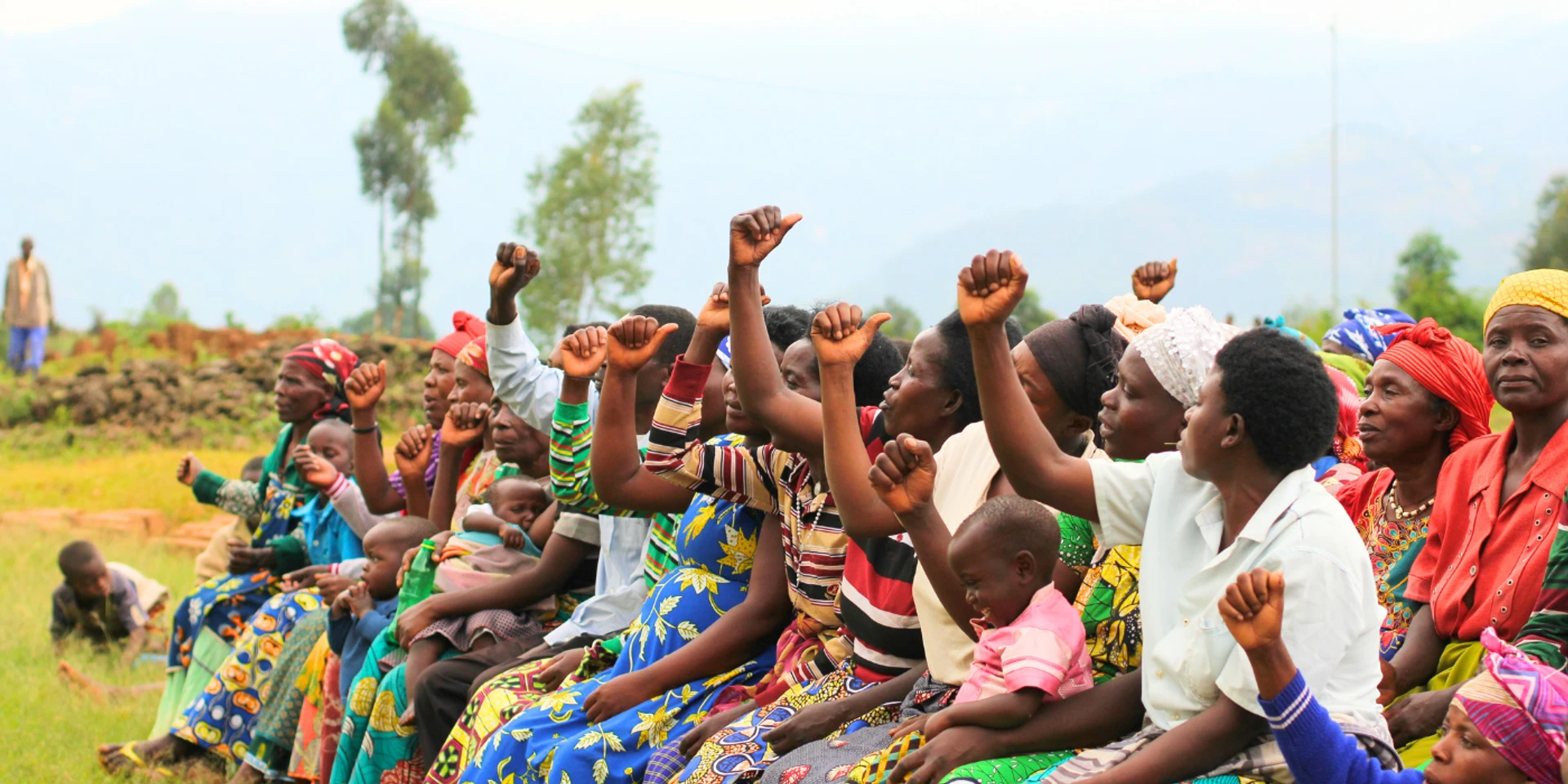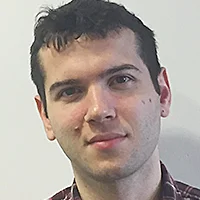Family Politics as Public Authority

Familial authority and governance in post-Ebola Sierra Leone
The project examined family-based public authority in Sierra Leone. In this region family networks have long acted as primary modes of governance and means of re-establishing and maintaining social order. During the 2014-16 Ebola outbreak and resultant state of emergency, the family was the primary unit of care and material support. Yet, the crisis demonstrated complex interactions between the everyday workings of the family, the state and humanitarian and NGO actors. It revealed both the ‘public’ character of the family, and the ‘private’ and intimate reach of the state and global actors.
A better understanding of family political life in post-Ebola Sierra Leone can help foreign and state intervention to support family-based initiatives.
The arena of family-based governance remains widely misunderstood, particularly in its contemporary form. It is often written off as ‘corrupt’, ‘patrimonial’, or ‘customary’, examined in bounded village ethnographies (albeit with nuance and insight), or simply underrepresented in scholarship due to methodological limitations. However, in practice the workings of family authority in Sierra Leone often entail overtly democratic principles (exemplified in formal ‘family meetings’), and women, particularly elders, often hold positions of authority and influence.
Equally, family modes of governance are adaptable and dynamic, often due to the fluidity in movement of individuals between connected homes in rural and urban locations. This challenges dominant perceptions of sharp rural-urban divides in African forms of governance. The research aimed to uncover the workings of family political life in the post-Ebola context, with an eye on ways foreign and state intervention might better interact, rather than undermine, family-based initiatives.
Researchers

Jonah Lipton
Dr Jonah Lipton is an anthropologist at LSE where he attained his PhD examining family life, work, and coming of age among young men in Freetown, Sierra Leone. Jonah gained a BA in Archaeology and Anthropology at the University of Oxford.
Research interests: political economy, urban neighbourhood life, crisis and humanitarianism
Region: Sierra LeoneEmail: j.h.lipton@lse.ac.uk
Twitter: @Jonah_Lipton